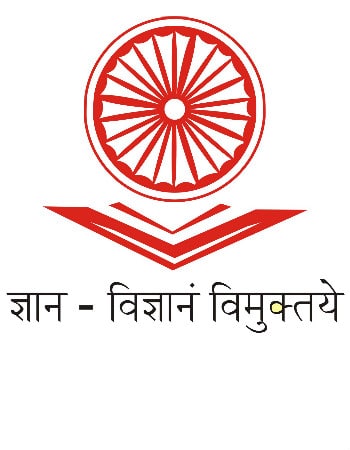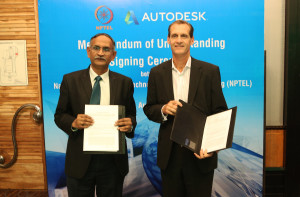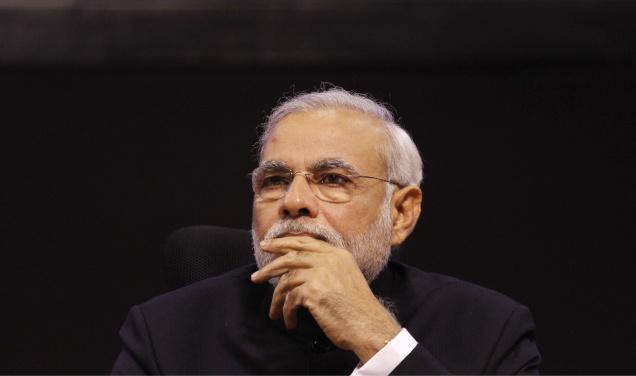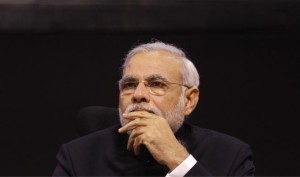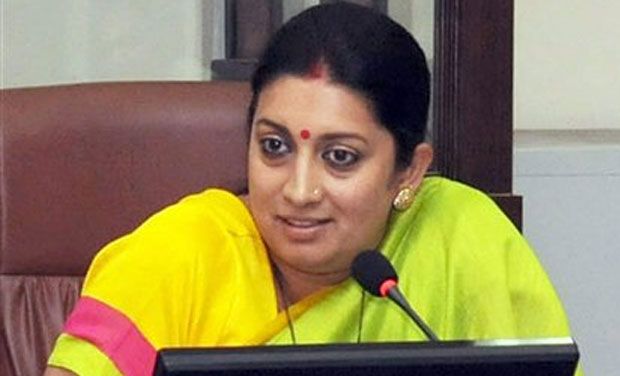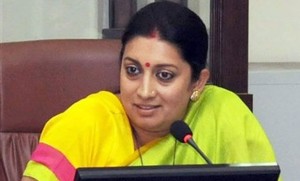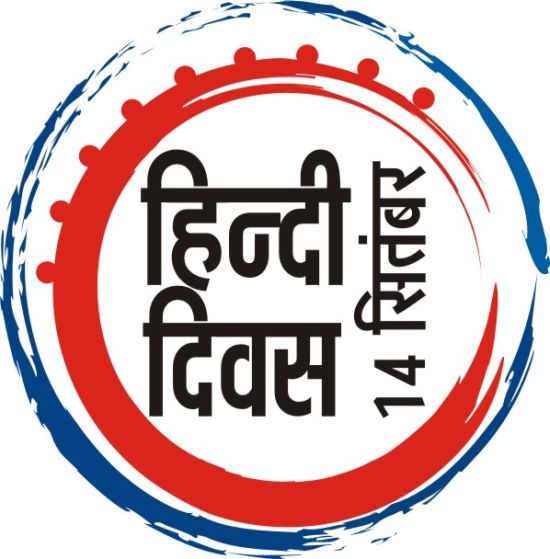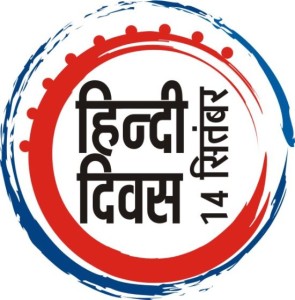The UGC committee set up to review 41 ‘C’ category deemed universities has recommended the disqualification of seven of them. The committee set up under UGC vice-chairman H Devraj has, however, given a clean chit to the remaining 37 deemed universities that were blacklisted by a government report in 2009.
The report of the committee was accepted by the UGC full commission at a meeting held in New Delhi on Monday. According to the report, only 7 of the entire list of deemed varsities originally blacklisted have been found inadequate on specified standards. Accordingly, the union Human Resource Development (HRD) ministry may serve them a show cause notice before denotification, the report recommended.
The names of the universities placed in the ‘C’ category, however, have not been disclosed and the report has also not been shown to UGC members. Vice-chairperson H Devaraj only read out the operative portion, leading to protest by one member who asked how the commission could claim that the report had been accepted when not all members had even seen it.
The committee was set up under the orders of the Supreme Court which had asked it to examine three earlier reports on deemed universities. The Tandon Committee in 2009 had categorised them into three and 41 were found unfit to continue as deemed universities.
The report will now be sent to the HRD ministry which is expected to submit it to the SC on September 30, 2014 when the issue comes up for hearing.







